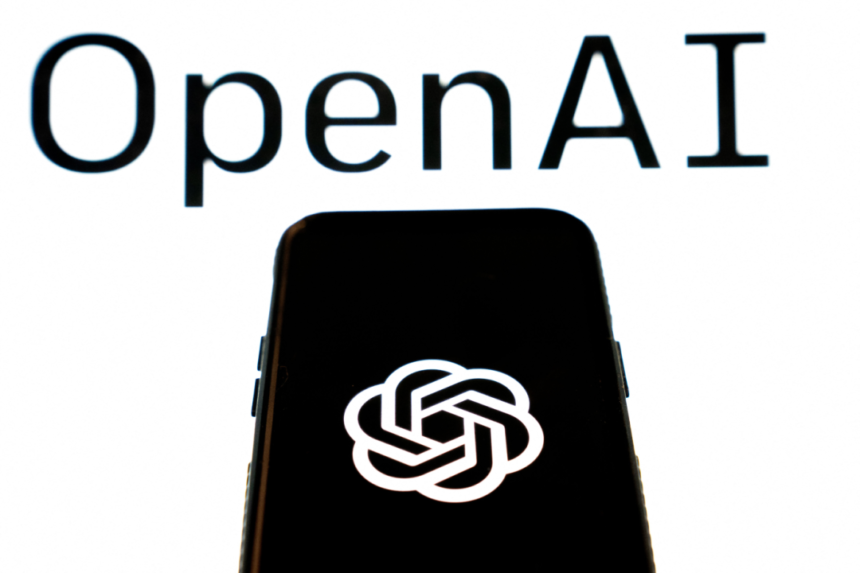Since its launch in November last year, OpenAI’s ChatGPT has garnered immense popularity worldwide, making it the fastest-growing consumer application in history. This chatbot has captivated users with its ability to engage in natural conversations and provide answers to a wide range of queries. However, its rising popularity has sparked a new trend among students who are turning to the bot to complete their homework and assignments, much to the chagrin of their teachers.
A recent incident shared on Twitter shed light on the repercussions of relying on ChatGPT for academic tasks. The tweet narrated how a seventh-grade student was caught using the chatbot to complete his English homework. The blunder that exposed his cheating attempt was a sentence that the student neglected to remove from his assignment. The line, ”As an AI language model, I don’t have personal expectations or opinions,” gave away the fact that the piece was copied.
To add to the suspicion, the teacher also noticed the usage of the word ‘poignant,’ which is not typically employed by seventh-grade students in their writing. The tweet, posted by Roshan Patel, quickly went viral, attracting amusement from internet users who shared various reactions. Many users highlighted the irony that even for cheating, some effort and thoughtfulness are required, as teachers can easily identify lazy copy-paste attempts.
One Twitter user pointed out the intended use of ChatGPT as a tool to aid in formulating ideas and responses, with the expectation that students would add their own language and thoughts to the mix. Another user expressed surprise that the student mindlessly included the chatbot’s response without considering its implications. Some users criticized the education system for not adequately teaching students how to effectively utilize technology like ChatGPT.
The incident garnered mixed reactions, with some feeling that the student deserved the consequences as a lesson for taking shortcuts. Others humorously concluded that AI is better suited for intelligent individuals. The incident serves as a reminder of the ethical and educational challenges posed by the widespread availability of advanced AI models like ChatGPT.
As the discussion continues, it is crucial for educators, students, and society at large to engage in conversations about the responsible use of AI tools, the importance of critical thinking, and the need to foster a deeper understanding of the subjects being studied. While AI can undoubtedly be a valuable resource, it should complement rather than replace human intellect and creativity.
